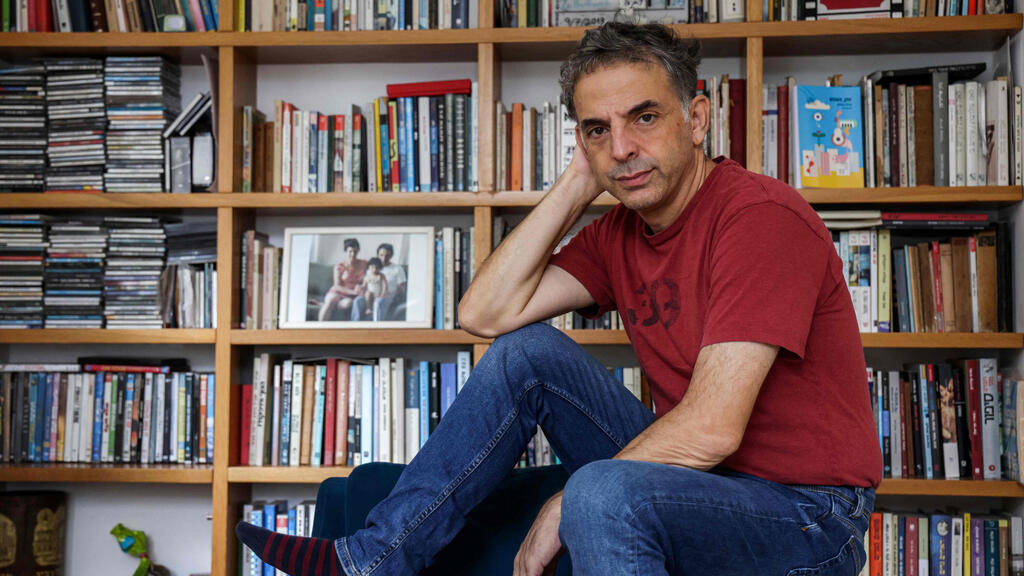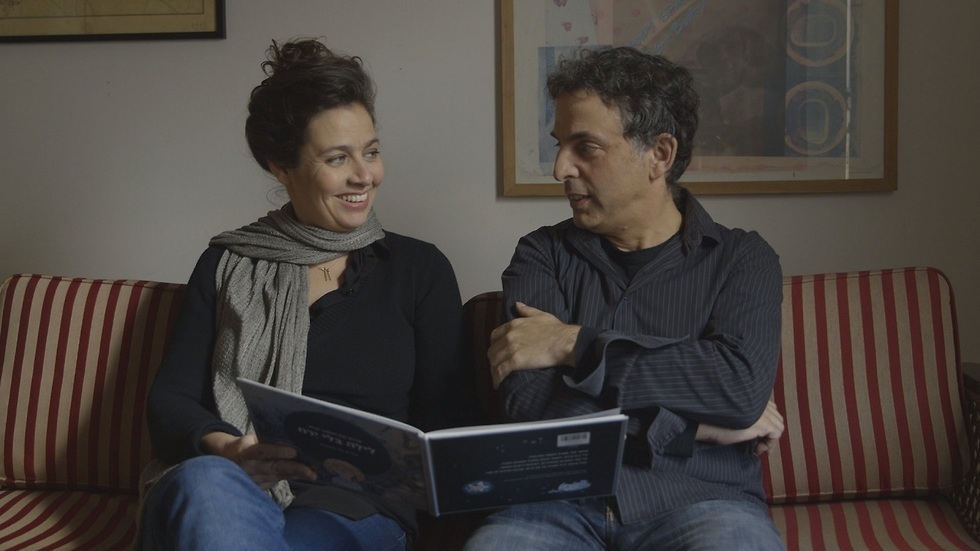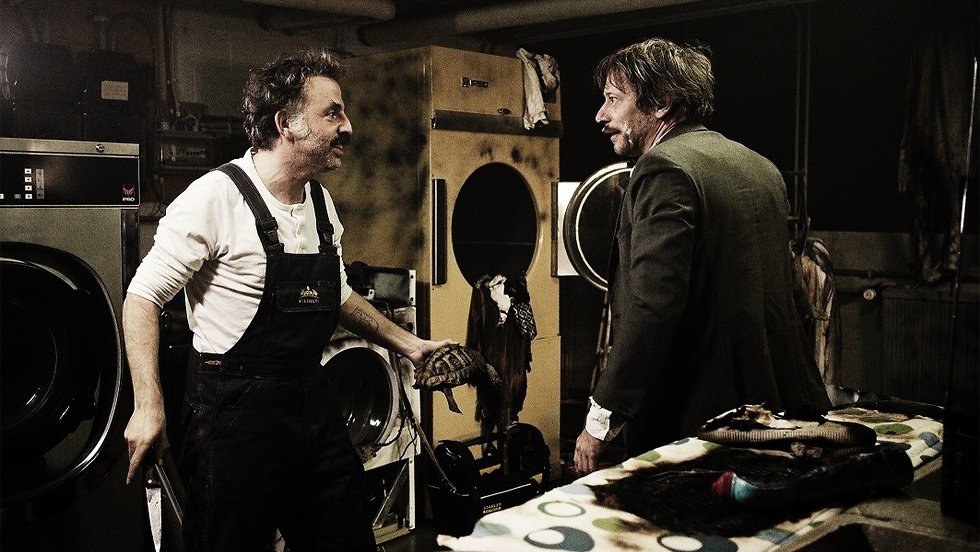Etgar Keret, one of Israel's most popular living writers, says the COVID-19 pandemic has brought him a lot of inspiration and chides those inclined to romanticize the pre-coronavirus world.
The 53-year-old, who often speaks with a playful smile and is known for his dark, biting humor, has recently published stories in The New York Times Magazine and The New York Review of Books exploring the pandemic's impact on humanity.
Speaking about his virus-driven creative flourish, Keret said: "Life typically consists of a series of actions dictated by compulsive behaviour that pushes us to do the same thing over and over.
"Coronavirus has broken this force of inertia. It's like a big slap in the face. Suddenly, we see more. Things we did not see before," he told AFP in an interview in his small but bright Tel Aviv apartment.
Keret, whose stories have been widely translated and published in dozens of countries, said that while much of the world had been brought to a standstill, he was enjoying one the "most prolific" periods of his life.
At the entrance to his home is a small black and white photo of his mother, a survivor of the Nazi Warsaw Ghetto who died several years ago, and a poster of his 2007 film "Jellyfish", which he co-directed with his wife Shira Geffen.
It won the best first feature award at the Cannes Film Festival that year, boosting Keret's international profile.
Reflecting on his surge in output during the pandemic, Keret recalled his father, also a Holocaust survivor.
"My father used to say that even if obviously he preferred the easy times, we learn the most about ourselves in difficult times and, in hindsight, those times are the most interesting."
'Victim narrative'
Keret rejected what he described as the "victim narrative" adopted by some artists who muse on "how much better life was before" the pandemic.
His recent writing has explored the loneliness and isolation felt by many during the health crisis, but in counterintuitive ways.
"Outside", published by The New York Times Magazine in July, portrays a society not entirely keen on being freed from government-imposed lockdown.
In the short story, people have gotten used to not going to work, forgotten what they did for a living or can't remember basic etiquette for walking down the street.
With citizens clearly preferring to stay home, the army and police go door-to-door to force them outside.
In the end, the narrator takes comfort in remembering that one is supposed to quickly pass and avoid eye contact with a homeless person begging for food.
"I don't think we had a perfect world that was taken from us," Keret told AFP. "Now we perhaps have a chance to improve it."
"Outside" was adapted into a short film that was screened in central Tel Aviv, New York's Times Square and the Shibuya pedestrian crossing in Tokyo.
'It'll cost you a hug'
In "Eating Olives at the End of the World," published by The New York Review of Books in April, a supermarket cashier is so distressed by her separation from her grandson that she refuses to accept money from the narrator as payment for a jar of pimento-stuffed olives.
Desperate for the last available item on the pickle shelf, the narrator offers to pay above the asking price.
"'A hug,' the tearful cashier interrupted me and spread her arms out, 'it'll cost you a hug.'"
Keret conceded that the sources of his inspiration "are always negative".
"I write when I am anxious, when I am bored, when I am angry," he said.
"When the going is crappy, like now with coronavirus and all the anxiety, frustration and uncertainty it brought. This is when I think of a joke or story."
"For me, humor and creativity are like the airbags in a virtual car. Writing is not the goal of my life. It is the best way I have found to face it."





